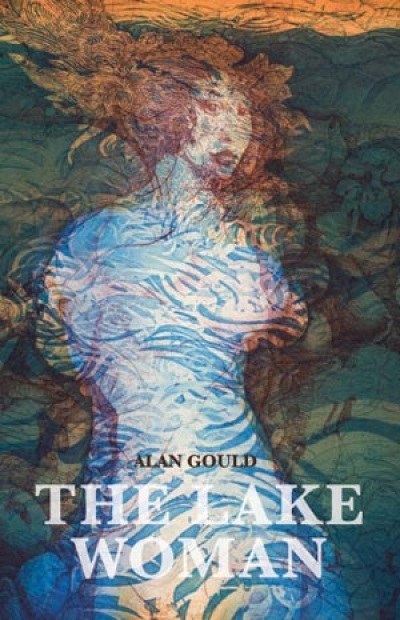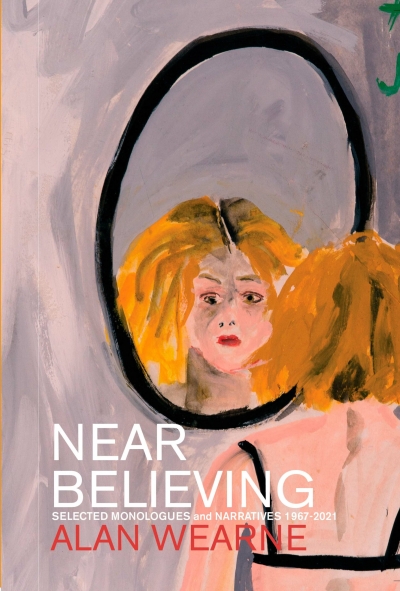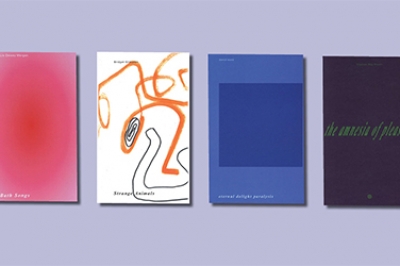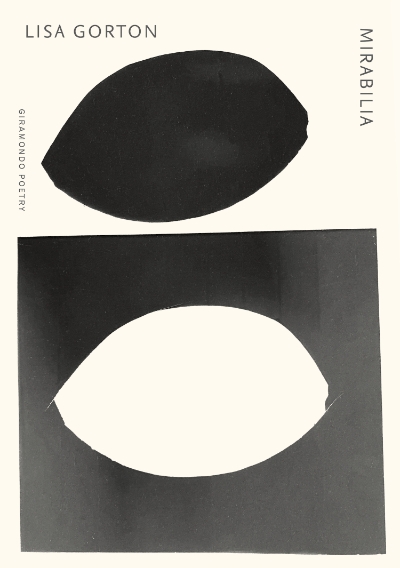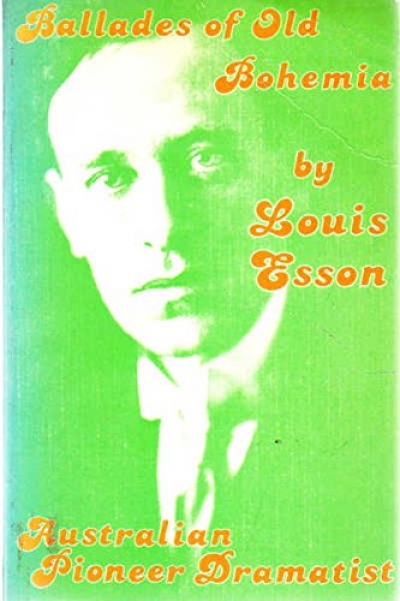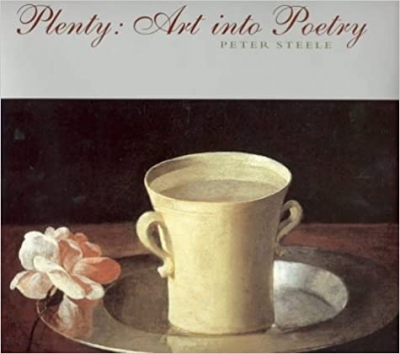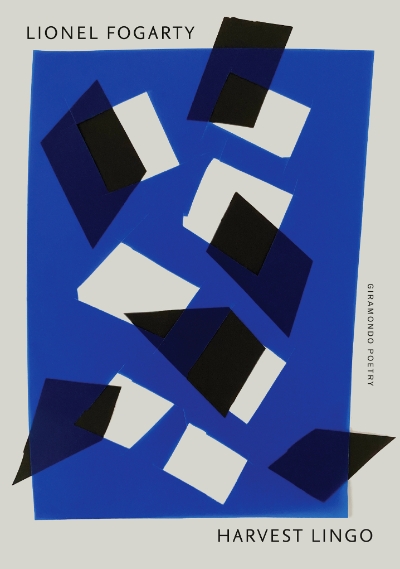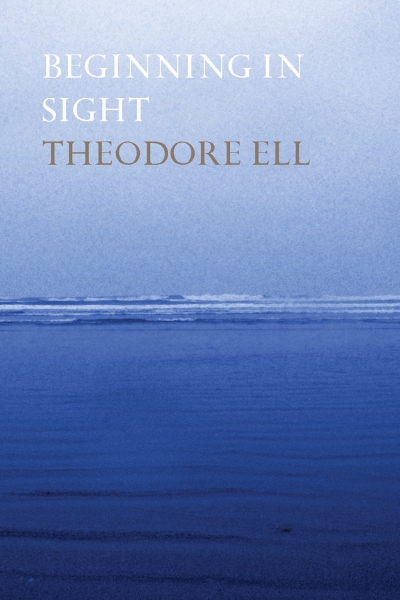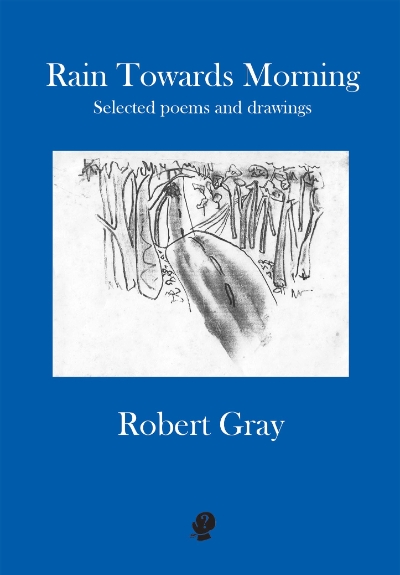Poetry
The Lake Woman by Alan Gould & Folk Tunes by Alan Gould
Alan Gould’s imagination has been steeped in a wide range of reading, from Shakespeare, Milton, Kipling, and Auden to less well-known works such as the sophisticated verse of the Cavalier poets. His recent novel, The Lake Woman, also reveals the influence of the tough and tender lyricism of Thomas Wyatt.
... (read more)Near Believing: Selected monologues and narratives 1967–2021 by Alan Wearne
The near-religious title of Alan Wearne’s new selection of poems, Near Believing, gives an impression of bathos and deprecation, while nevertheless undermining structures of belief, as represented in the book; at times this belief is explicitly Christian, but can also be seen more generally as belief in others, or in the suburban way of life. It is, then, while modest-seeming, highly ambitious – and, in another irony, further evokes the pathos, and hopelessness, of wanting to believe. In the title poem, which appears in the uncollected section, ‘Metropolitan Poems and other poems’, a ‘near-believer’ is defined by the poem’s priest speaker as ‘that kind of atheist I guess who prays at times’. This formula captures the ambiguity of the book’s many speakers and their addresses.
... (read more)The poetry section is growing at the bookshop where I work. Younger readers huddle together to discuss poems. A science student buys five poetry books to read over semester break. When a retired teacher from out of town comes looking for a Judith Wright book, we get talking, I make suggestions, and he ends up dropping almost $300 on poetry titles. Customers ask for First Nations, Middle Eastern, and queer poets, and they want the canon too, they want to try anything staff find exciting. Readers are seeking ways into poetry. Is it having a(nother) renaissance? The results of this year’s Stella Prize corroborate what I’m seeing on the shop floor.
... (read more)Mirabilia is the plural form of the Latin mirabile: wonderful thing, marvel. Since the publication of her first book, Press Release, in 2007, Lisa Gorton has cultivated such a voice in Australian poetry. Mordant political wit, formal and thematic bricolage, a liquid control of the line, and the ability to trace patterns across the strata of history and society – to rove between time and the timeless – have long characterised Gorton’s oeuvre. She showcases the full complement of her gifts in this wondrous and disquieting new collection.
... (read more)Ballades of Old Bohemia: An anthology of Louis Esson edited by Hugh Anderson
This volume will come as a surprise to those who think of Esson simply as the father of Australian drama, the man who set out with the avowed aim of building up a national school of Australian drama, the author of the ironically titled classic, The Time Is Not Yet Ripe. Esson was not merely a talented playwright, but a prolific freelance writer and journalist as well as a dedicated nationalist and socialist. This is the first representative selection of his work to be published: it is a compendium of his verse, stories, short plays, and articles, political, literary, and humorous.
... (read more)Here is a production that most poets would die for. Peter Steele’s new book is a spectacular hybrid beast, a Dantesque griffin in glorious array: it is a new volume of poetry and an art book, with superb reproductions of works of art spanning several centuries, from collections all over the world. Paintings most of them, but also statues, sculptures, objets d’art, a toilet service, the figured neck of a hurdy-gurdy, a hoard of Viking silver and a diminutive six-seater bicycle. And the reason for this pairing is that these are all ekphrastic poems, ‘poetry which describes or evokes works of art’, as Patrick McCaughey glosses it in his introduction. How Steele brought off such an ambitious venture I can’t imagine.
... (read more)If nothing else, Lionel Fogarty’s longevity as a poet should bring him to our attention. Kargun, his first work, was published forty-two years ago amid the ferment of utopian Black Panther politics, discriminatory legislation, and racialised police violence. Fogarty’s finest work, Ngutji, published in 1984, drew on his experience growing up in Cherbourg Aboriginal Settlement, but the breadth of his poetic vision was already evident. Some of the early poems such as ‘Jephson Street Brothers Who Had None’ and ‘Remember Something Like This’ originate in Fogarty’s experience of Cherbourg Aboriginal Mission and radical politics, but the poems’ truths are non-propositional and essentially human.
... (read more)Beginning in Sight by Theodore Ell & Trap Landscape by Nicholas Powell
One of the many life-challenging things that poetry can do is to prise open unexpected spaces and take us somewhere entirely unanticipated, whether it be in terms of how we live, how we understand the world, or how we link the fabric of textual utterance with that of our lived experience. These two new poetry collections set about this labour of disruption in very different ways, demonstrating some of the pathways available between poet and reader.
... (read more)Rain Towards Morning: Selected poems and drawings by Robert Gray
According to his author’s note, Rain Towards Morning is ‘a definitive book’ of the poems Robert Gray wishes to preserve. Nameless Earth (Carcanet, 2006) is the most generously represented of Gray’s previous eight books. This is followed by his mid-career volume Piano (1988) in which he first began to publish a range of poetry with tight rhyme schemes and controlled rhythms. More than a third of the poems Gray has chosen for Rain Towards Morning are these formal or semi-formal compositions, indicating that he wishes to showcase this aspect of his work. Fewer poems have been chosen from his free verse books Grass Script (1978), The Skylight (1983) and Afterimages (2002), arguably his best books.
... (read more)It is pleasing to see the following publishing advice in the report: ‘a book should contain a poet’s best work. It is better to have a good, small collection than a bigger one with weak pieces that are there because of theme or because the poet liked them too much’ (or, maybe, because someone once admired them). First-timers tend to be more careful about this than some poets who have made a name. I know that major poets, in tune with their audience’s level of acceptance, will sometimes rightly present lesser and better work together, to show the spectrum. That aside, there is a myth among poets that a short book doesn’t look good, as if bulk is the proof of something. Yet the buyers of poetry are sensitive to padding – a good book, whether lengthy or not, is as long as there are strong poems for it. Has it been forgotten that such a landmark book as Judith Wright’s The Moving Image (1946) comprised just thirty-one pages of poems?
... (read more)
